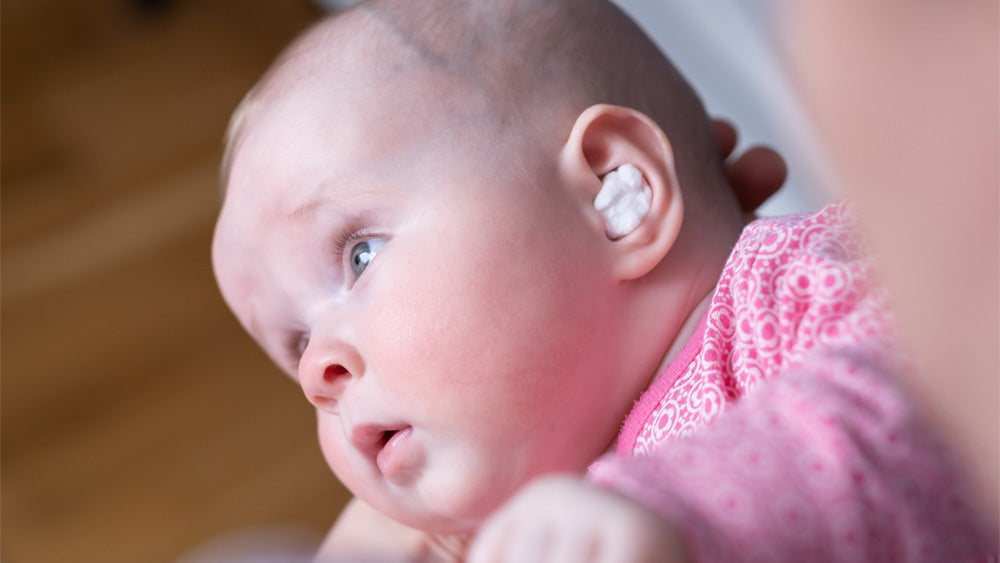Ear infections, medically known as acute otitis media, are a common ailment in young children, particularly those under four years old. These infections happen when fluid accumulates in the middle ear and becomes infected, leading to inflammation. The primary symptoms to watch for include pain, fever, irritability, and in some cases, fluid discharge from the ear.
- Causes and Risk Factors
Ear infections often follow a cold or respiratory infection, which can cause the Eustachian tubes (small passages that connect the middle ear to the throat) to swell and trap fluid. Babies and toddlers are more susceptible due to the shorter and more horizontal shape of their Eustachian tubes, which makes fluid drainage more difficult. Other contributing factors include:
- Family history of ear infections
- Exposure to tobacco smoke
- Bottle-feeding in a lying down position, which can allow liquid to flow into the middle ear
- Recognising the Symptoms
- Pulling or batting at the ear
- Pain, particularly when lying down or sucking
- Trouble sleeping and heightened irritability
- Reduced responsiveness to sounds
- Loss of appetite and general lethargy
- Treatment Approaches
While ear infections can be distressing, they often resolve on their own within a few days. Treatment may involve:
- A medical evaluation to determine if antibiotics are necessary or if a watchful waiting approach is appropriate.
- Pain management with over-the-counter pain relievers like acetaminophen or ibuprofen, suitable for children.
- Applying a warm or cool compress to the affected ear can provide comfort.
- Keeping the child's head elevated to help alleviate ear pressure.
Preventive Measures
Reducing the risk of ear infections involves several practical steps:
- Avoiding exposure to secondhand smoke and ensuring good hand hygiene.
- Adhering to the recommended vaccination schedule.
- Breastfeeding for at least the first six months.
- Ensuring the child is upright during feedings to prevent fluid from entering the Eustachian tubes.
- Limiting or stopping pacifier use as the child grows older, as it can affect how the Eustachian tubes function.
- For children with recurrent ear infections, your doctor may discuss the possibility of ear tubes, which help fluid drain and prevent future infections.

